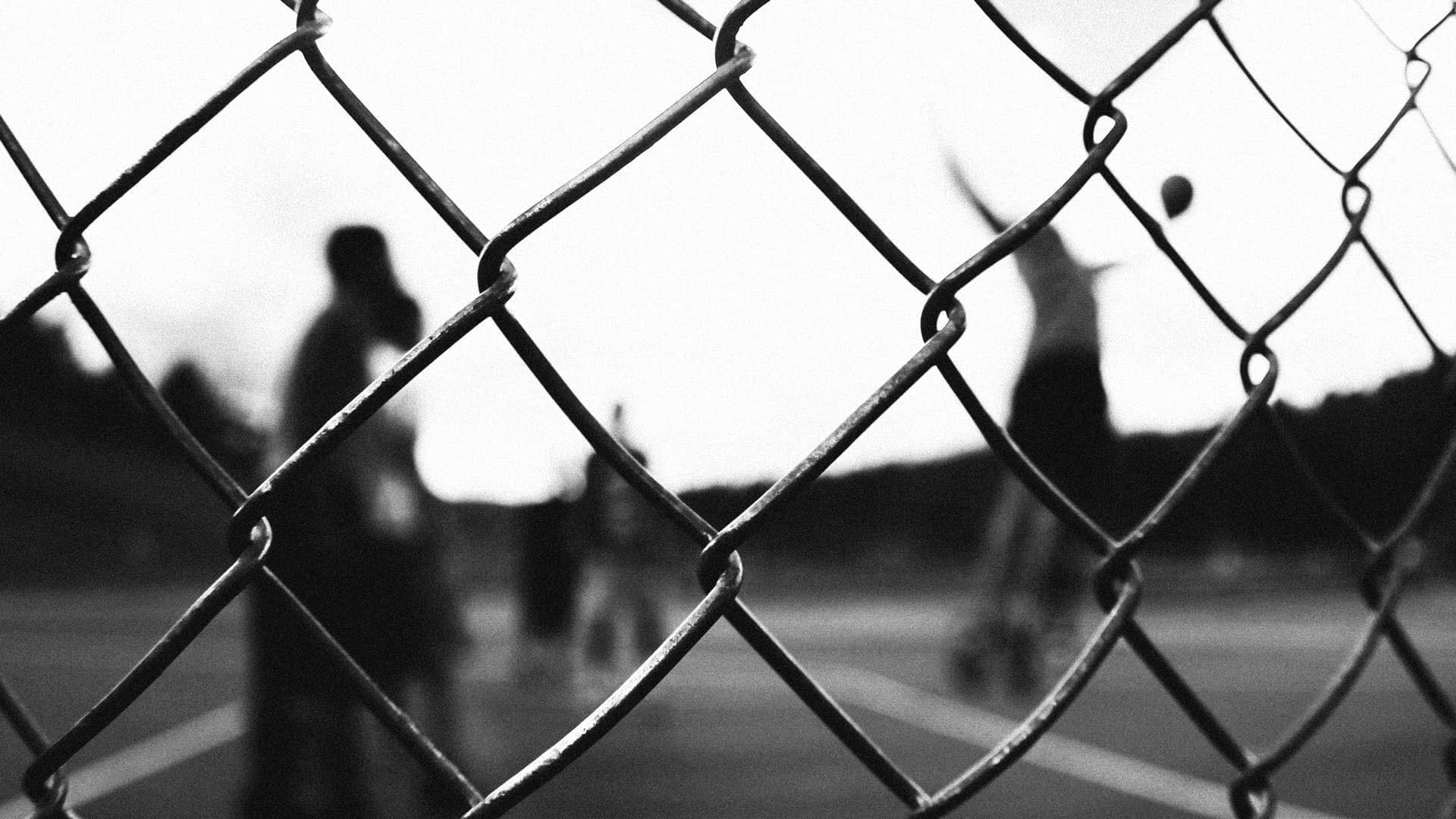Handling child custody disputes in Russia can be quite overwhelming for families, as the laws are structured to put the child’s wellbeing and safety first. Parents or guardians are expected to try to find peaceful solutions on their own, but sometimes legal help becomes necessary. Whether you’re facing a complicated separation or simply want to understand how custody law works, this guide explains essential procedures, gives clear steps, and shares practical advice for dealing with child custody matters in Russia.
Understanding Child Custody Laws in Russia
Child custody issues in Russia fall under the Family Code of the Russian Federation. This means both parents continue to have equal responsibilities toward their child after they separate or divorce. If parents work together and agree on custody details, they can register the agreement without needing to go to court. When disagreements arise and solutions can’t be found, the matter moves into the legal system, and a judge will decide based only on what is best for the child.
Some key principles of Russian child custody law include:
- Children are encouraged to stay within the family whenever possible.
- Both parents have equal rights and responsibilities.
- Children should keep in touch with both parents unless this goes against their best interests.
- Judges look at factors like the child’s health, school, relationships with parents and siblings, as well as emotional stability when making decisions.
Starting the Child Custody Process
When parents can’t agree about where their child should live, either parent can file an official petition at the local district court. It is often suggested to first try mediation or have discussions to solve disagreements, as the courts prefer less stressful methods for the child. If parents can’t reach agreement using these approaches, then the case is handled by the courts.
The initial petition to the court should contain:
- Complete details of all family members involved.
- Proof and reasoning for the suggested custody arrangement.
- Information about the child’s home and living conditions.
- Details about each parent’s involvement in the child’s life, and the child’s wishes if he or she is over 10 years old.
The Role of Guardianship Authorities
Guardianship Authorities, sometimes called Child Protective Services, play an essential role in Russian custody matters. Before the court makes a decision, this government body inspects each parent’s home situation to check that the child’s needs are taken care of. They then write a report offering their official opinion about where and with whom the child should live. Judges rely on these expert opinions to help them reach a fair decision.
Court Decisions and Handling Evidence
Much of the court’s work revolves around collecting evidence and hearing from everyone involved. Russian courts review many types of evidence when deciding what will benefit the child most, such as:
- What friends, relatives, and teachers say about each parent’s care.
- Reports from the Guardianship Authorities about the conditions of the children’s homes.
- Psychological and educational assessments of parents and the child.
- Court statements from the child if they’re 10 or older.
- Records that show the financial or educational situations of both parents.
The case may take several months, sometimes up to a year, depending on outcomes or new evidence. Parents must usually pay for court fees and may need to cover the cost of professional assessments linked to their case.
Important Factors Influencing Custody
A variety of details can sway a Russian judge’s thinking about with whom a child should live. Some major influences include:
- How emotionally connected the child is to each parent.
- The financial security and general wellbeing each parent can provide.
- The opinions of the child, where more consideration goes to older children.
- Keeping brothers and sisters together, if possible, and maintaining stable education.
- Evidence of any mistreatment, endangerment, or lack of support by one parent.
While there was once a strong tendency to give custody of younger children to mothers, modern practice focuses more on what truly serves the child’s best interest, leading to more cases of shared or equitable custody when both parents are qualified.
Visitation Rights and Parenting Schedules
If a parent is not given primary custody, the court usually allows regular visits unless there are doubts about the child’s safety. The visiting arrangements can be agreed upon by the parents or officially ordered by the court. If any problems come up with visits or big changes occur—for example, someone moves far away or there is a change in the child’s needs—the judge can update the agreement.
Dealing with International Custody Disputes
When custody cases cross international borders—for example, when one parent tries to take or keep a child in another country—there are agreements in place like the Hague Convention that help with international kidnapping cases. Expert legal advice is especially important for these international disputes, as the process involves both Russian and international law.
Enforcing and Changing Custody Orders
Court decisions are official and must be respected. Still, if there’s a significant change in circumstances affecting the child, a parent can request the court to re-examine the custody agreement. Changes like a parent relocating, serious shifts in a parent’s ability to care for the child, or changes in the child’s health or wishes can be grounds for the court to review and update the arrangement.
The Importance of Professional Legal Support
Working with experienced lawyers like russisches familienrecht can make a crucial difference during child custody disputes. Reliable legal experts, such as child custody firms, help parents understand each step, clarify their rights, prepare required evidence, and represent them during investigations or hearings. Especially in difficult or international custody battles, experienced support is essential in protecting both the parent’s and child’s rights.
Mistakes to Avoid in Custody Battles
Parents sometimes fall into traps that can hurt their position, such as:
- Focusing too much on their own situation rather than what’s best for the child.
- Saying bad things about the other parent or trying to cut off contact between the child and the other parent.
- Ignoring important instructions or deadlines set by Guardianship Authorities.
- Not reaching out for professional help, especially in complicated or multi-country cases.
The best approach is to keep clear records, encourage peaceful communication, support the child’s emotions, and always follow legal and expert advice.
Practical Recommendations for Parents
- Find the right lawyer early to help you start the process correctly.
- Organize important documents about the child’s care and education.
- Always be cooperative and honest with authorities during their examinations.
- Use services like mediation whenever possible.
- Do what you can to protect your child from conflict and reassure them they are loved by both parents.
Understanding Russian child custody law is key to handling family changes wisely and keeping your child’s best interests at the heart of decisions. By knowing how the courts, government services, and lawyers work, you can approach the situation with confidence. Getting professional support, staying prepared, and choosing honest, respectful communication will help both you and your child reach the best result possible.

